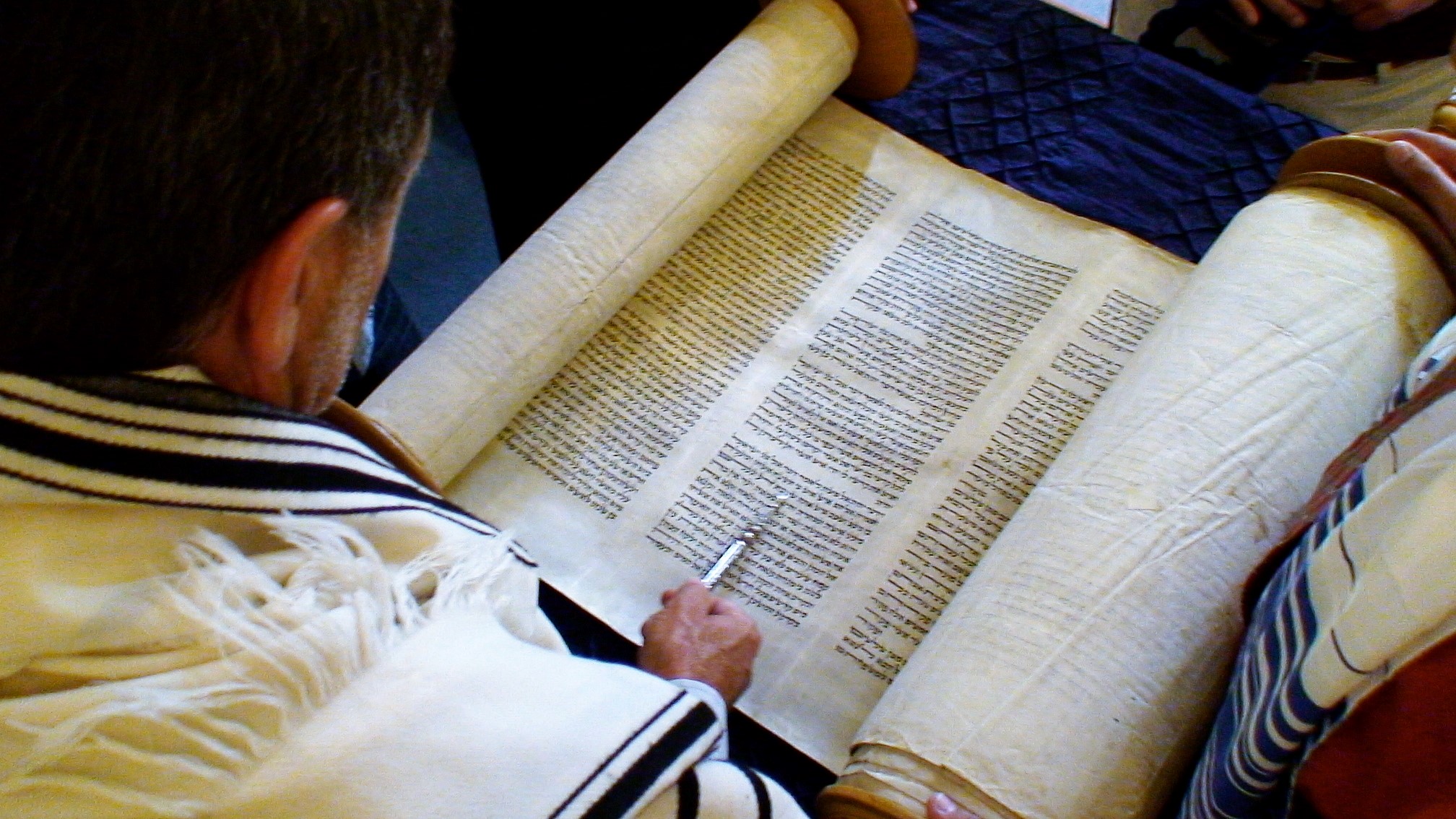You don’t have to go far today to realize that there is a resurgence of interest in the ancient book known as the Bible. One need only to peruse the local Barnes and Noble bookstore to see that there are many people from various perspectives who are intrigued in this amazing document. From the speculation of the “Bible Codes” to the “Jesus Seminar” to postmodern relativists, scholars and laymen alike are taking a fresh look at the Scriptures. Not that everyone is arriving at the same conclusions, of course. This is also evident in the diversity of opinion within the Jewish community. For some, the Bible is simply a man-made book laced with the inevitable errors of human creativity. Others (most notably the JEPD theorists) may show a measure of respect for the message of the Scriptures while calling into question much of its internal content and structure. In contrast to some of these theories is the traditionalist sentiment of Orthodox Rabbi Hayim HaLevy Donin who writes:
“However one chooses to visualize or understand or comprehend the specific nature of God’s revelation to Israel and the Prophets, what stand out is that if the Torah means anything at all, it is a record of God reaching out to man, and not vice versa. If it possesses any enduring value and truth, the Torah must be seen as a record not of man’s spiritual genius, but of God’s will communicated to mortal and finite man. No interpretation of Judaism is Jewishly valid if it does not posit God as the source of Torah” (italics his, To Be A Jew, p.25).
Needless to say, there are innumerable other “Jewish” views which fall somewhere in between these polls. With all this in mind, many might wonder where Messianic Jews fit into the debate. The short answer is that it seems unanimous in Messianic Judaism that the Tenach (Torah, Prophets and Writings) as well as the New Covenant Scriptures are surely the inspired, accurate Word of God. While this belief is greatly challenged by today’s spiritual confusion, I see at least three strong reasons why Messianic Jews believe that the Scriptures are actually a message from God.
#1 Claims of Inspiration
Surely one of first things which the casual reader of the Bible notices is how often the Scriptures claim to be a unique message from the God of Israel. From the first words of the Torah to words of strong exhortation by the prophets, the Bible clearly and consistently claims to be divinely inspired. The mere fact that the Tenach uses over 2000 times the phrase “koh amar Adonai/ Thus says the Lord” should be enough to merit every person’s consideration. Our people certainly did not take such internal claims lightly but for that reason held the Scriptures in the highest regard historically. Add to these statements many other clear-cut declarations stretching across vast epochs of the biblical record. The Lord is said to have spoken to Moses (Exodus 3) in the generation of the first Passover. To the prophet Jeremiah, God is recorded as saying “Thus said the Lord, the God of Israel: Write down in a scroll all the words that I have spoken to you” (Jeremiah 30:2). What is amazing about this statement is that, while Jeremiah’s generation largely rejected his message at first, they later came to respect the prophet as a true spokesman for God. The reason? His words, as politically incorrect as they were at the time, proved to be true (cf. Deuteronomy 18:21-22). The Ketuvim/Writings also assume their own divinely inspired nature. Proverbs 30:5-6 says “Every word of God is pure, a shield to those who take refuge in Him. Do not add to His words, lest He indict you and you be proved a liar.” David extols the virtues of the Scripture when he says,
“The teaching of the Lord is perfect, renewing life; the decrees of the Lord are enduring, making the simple wise; the precepts of the Lord are just, rejoicing the heart; the instruction of the Lord is lucid, making the eyes light up” (Psalm 19:7-9).
Even with this small sampling of verses, it soon becomes apparent that, whether we choose to believe it or not, the Hebrew Scriptures claim to be a divinely perfect revelation from the God of our fathers. This of course is one big reason why those on the Orthodox/Conservative end of the Jewish spectrum tend to accept the Scriptures as a message from God. It is also why Messianic Jews have a deep respect for the Tenach as the unique word of God. (To be continued)


